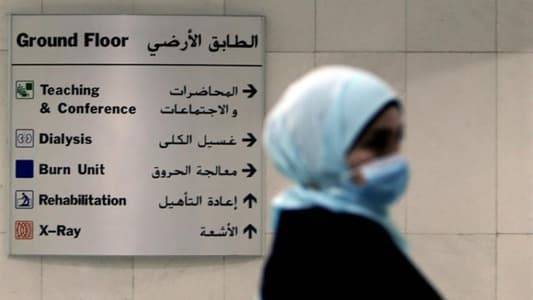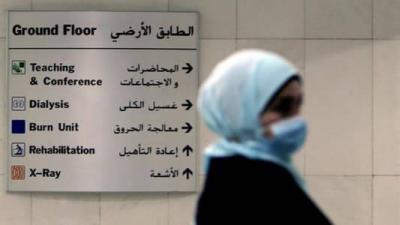Kidney dialysis patients, like doctors, are depleting what remains for them. Due to the ongoing crisis, patients face an uncertain fate with the shortage of supplies used in the washing process, as well as medications both inside and outside the hospital. This period may be the hardest for them, as some companies that used to supply half of the dialysis centers' needs, specifically the tubes designated for treatment machines (bloodlines tubing), are looking to leave Lebanon with the least losses possible. Although these companies are still delivering supplies to dialysis machines for now, they could halt this at any moment. On the other hand, some of these companies are trying to hand over operations to other companies, as they had previously monopolized the supplies. However, these attempts do not alleviate the current crisis of supply shortages, as operations in many centers are proceeding on a day-to-day basis.
### Delayed Fees
On the other side, there is the crisis facing kidney dialysis doctors, specifically concerning their unpaid fees, which have been due for a full year, according to nephrologist and member of the Medical Association Council, Saad Abu Hamein. The issue for these doctors is that the fees they receive from organizations and guarantor funds are their only source of income. They do not own clinics, and cannot charge fees to patients, as kidney dialysis sessions remain fully subsidized. Additionally, these fees do not come through the normal process but are often "cumulative," meaning they are received every year or every six months at best. While these amounts were previously sufficient due to currency stability, they are no longer so today. What exacerbates the situation is that what doctors receive from organizations and guarantor funds is not disbursed in a lump sum, but according to the banks' withdrawal limits.
### $15 per Session
Now, after the situation has reached a breaking point, nephrologists convened at a general assembly meeting held the day before yesterday to discuss solutions to their crisis regarding the difficulty of collecting their rights from the banks, or at best, agreeing on a formula with the Ministry of Public Health and the guarantor funds, excluding the National Social Security Fund, which is still adhering to monthly payments.
The summary of the meeting indicates that doctors are now "free from their concerns," as solution options were limited to two main directions: first, either the doctors receive funds from fresh accounts, which is dependent on the ministry and others; or second, they start collecting fee differences from patients for each dialysis session. The doctors reached a preliminary agreement regarding the amount, which is around $15 per session or its equivalent based on the dollar exchange rate. This solution comes amid discussions about the potential dollarization of healthcare.
These measures requested by the doctors are not aimed at "pressuring anyone," according to Abu Hamein, but rather intended "to keep the doctors able to stand." For now, these demands depend on the statement to be issued by the doctors today, so what happens after the statement? And what decision will be enacted? The answer hinges on what comes from the ministry and other parties.




